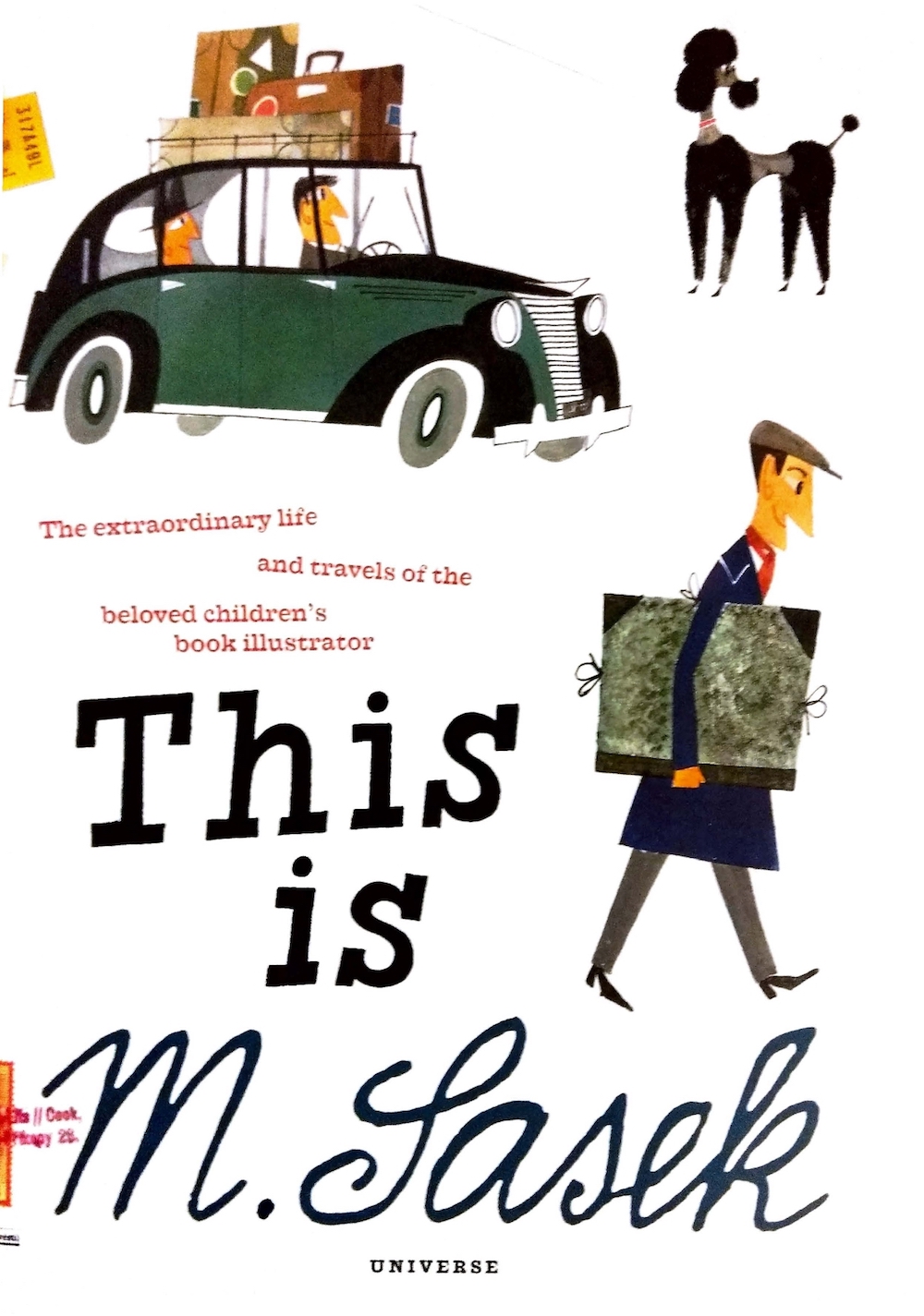Bad subbing is the literary equivalent of letting a particularly ham-fisted toddler apply your make-up — the lipstick ends up somewhere near your ear lobe.
It’s hard to get away from talk of cuts at the moment. News of the shredding, slimming-down or wholesale dismantling of everything from our libraries to the police force, assails us from every angle. You want access to free books? Fear not, the Government is planning to give every household an iPad so that they can read, surf and download to their heart’s content. So much nicer than those grubby, 19th-century repositories for books and magazines. Actually, I just made that bit up, but you must admit it does sound plausible.
For writers the word “cut” has always had other, equally disturbing, connotations. I’m thinking of that process that occurs after you’ve turned in your finely honed copy, only to have it slashed to ribbons for reasons of space. Still, if the sub-editor knows what he/she is doing, your prose will emerge sleeker, tighter, pithier and somehow even more you. The down side is that bad subbing is the literary equivalent of letting a particularly ham-fisted toddler apply your make-up — the lipstick ends up somewhere near your ear lobe.
Imagine my surprise last week, when I discovered that my (unpaid) contributions to a movie blog had been given a completely unauthorised makeover courtesy of an “Executive Editor” who has more chutzpah than skill. I won’t name him or his insignificant organ here: the only “traffic” I’d like to send in his direction is a juggernaut with faulty brakes.
I knew he’d tinkered with some of my previous reviews, but chose not to dwell on it because, though irritating, the changes were relatively insignificant. Recently, I saw that he’d altered a line in my review for The Long Hot Summer to read “Deep Southern accents”, where I had put “Deep South accents”. As I was identifying a distinct geographical area, I felt my wording was correct. I remember thinking that he was a cheeky little bugger.
But his rewrite of last week’s Brighton Rock was something else. There’s a good reason why I don’t refer to the film’s star Sam Riley as a “youngster”: he’s not, he is 30. It’s a horribly twee, patronising characterisation, don’t you think? Does anyone out there think the sentence
“Inevitably, the menacing presence of Richard Attenborough’s earlier Pinkie looms over this update.”
is in any way improved by the addition of the adverb “forebodingly”?
“Inevitably, the menacing presence of Richard Attenborough’s earlier Pinkie looms forebodingly over this update.”
I felt I had made my point sufficiently with “menacing” and “looms”. Only someone with no feel at all for the English language would have made this alteration. To quote Homer Simpson, “D’oh!”
Going through the whole review line by line, would be just too painful, but I’ll give one more example. I wrote that Ida (played by Helen Mirren) “feels partly responsible for Hale’s fate and soon figures out that Pinkie is a bad lot”. This was changed to the clumsy and not nearly as precise “soon figures out that Pinkie is a potential danger to those around him”. Unbelievable, isn’t it?
I’m not saying that Brighton Rock is the best review I’ve ever written, or claiming that my writing could never be improved upon. I would happily have supplied a shorter version of the piece, if I had been asked. What I am outraged about is the idea that someone with no experience and no judgment should take these kind of liberties with my work.
I am 47 and a former sub-editor on a magazine (Radio Times) still noted for its high standards of grammar and spelling and its strict regard for consistency in issues of style. In other words, I have been around the block a few times. The jumped-up wannabe internet publisher who thinks he can write better than I do, is just 24 and has no significant experience.
It’s one thing to have your work sub-edited by professionals on a periodical or site that has paid you for your contribution. Significantly, no one at Radio Times or on The Guardian has ever felt the need do the kind of rewriting that Mr “Executive Editor” attempted last week. It’s a sign of his arrogance, insecurity and sheer insolence, that is made even more laughable by the fact that he can’t even spell.
An ability to spot typos is a prerequisite for anyone even thinking about being a sub-editor. (No, using a spell-checker is not an adequate substitute.) This big shot wrote Cohen (for Coen), Ruffallo (for Ruffalo) and Benning (instead of Bening) in a recent piece on the Oscar nominations. His review of The Fighter makes frequent reference to the director David O Russell as “O Russell”, as though he were an Irishman who’d dropped his apostrophe. Oh, and he thinks the Risorgimento happened in the 18th century.
While I was still at Radio Times, Giles Coren had his infamous and well-publicised rant about the subs at The Times. At the time we all laughed about his email and I probably dismissed it as what another former colleague would have dubbed “a queeny fit”. His expletive-filled salvo was a bit over the top and, of course, was never intended for public consumption. But now I really do get it.
As I composed my riposte to this presumptuous “youngster” (to use his own terminology), I felt I was striking a blow for experience and quality over those upstart abusers of the delete button. You can stick that up your HTML.











